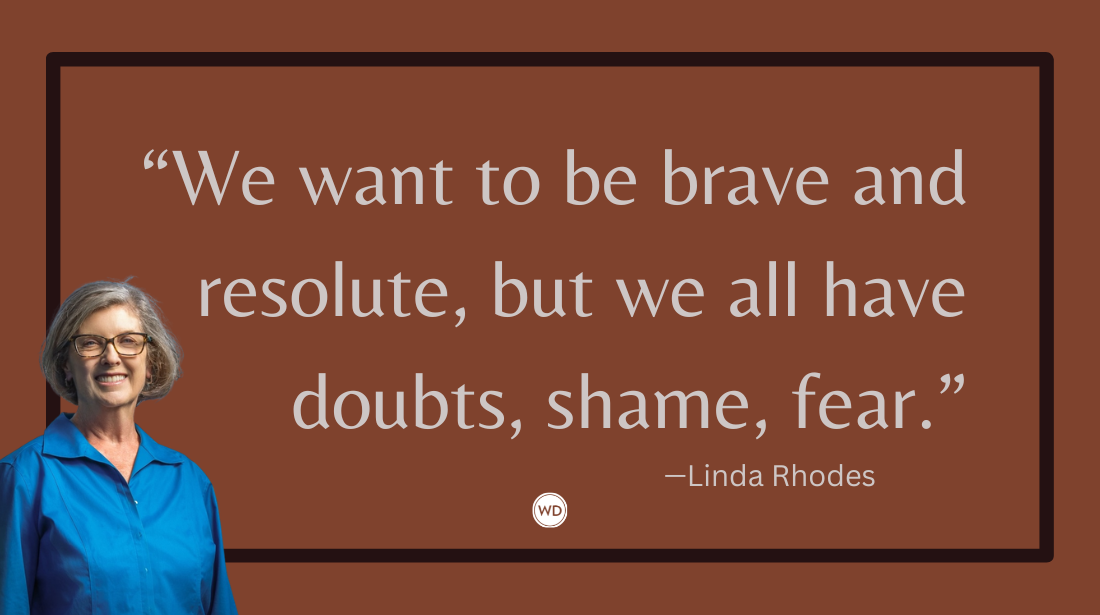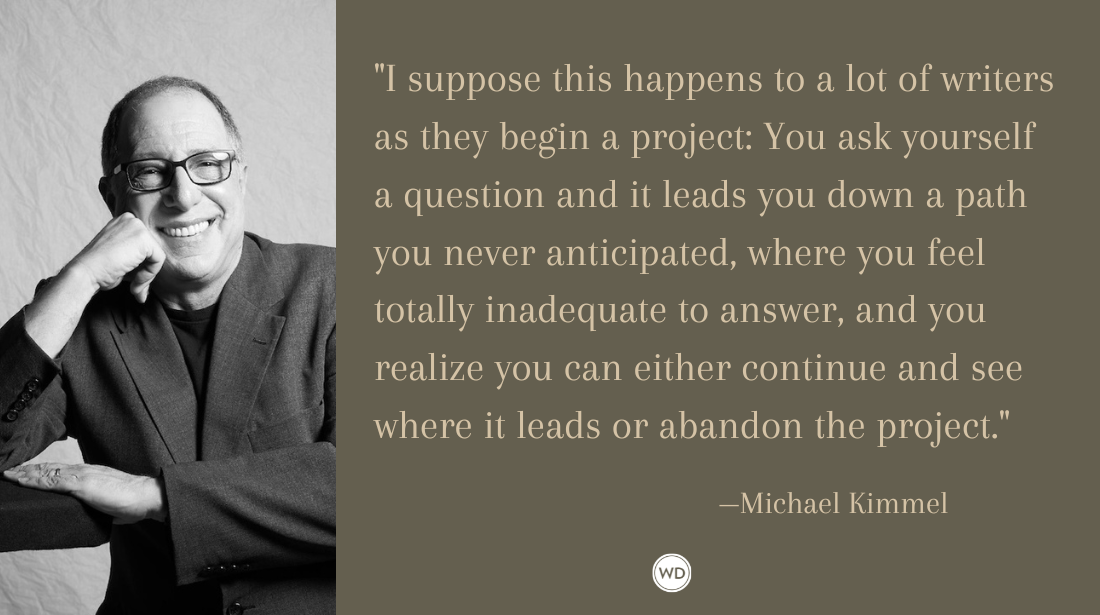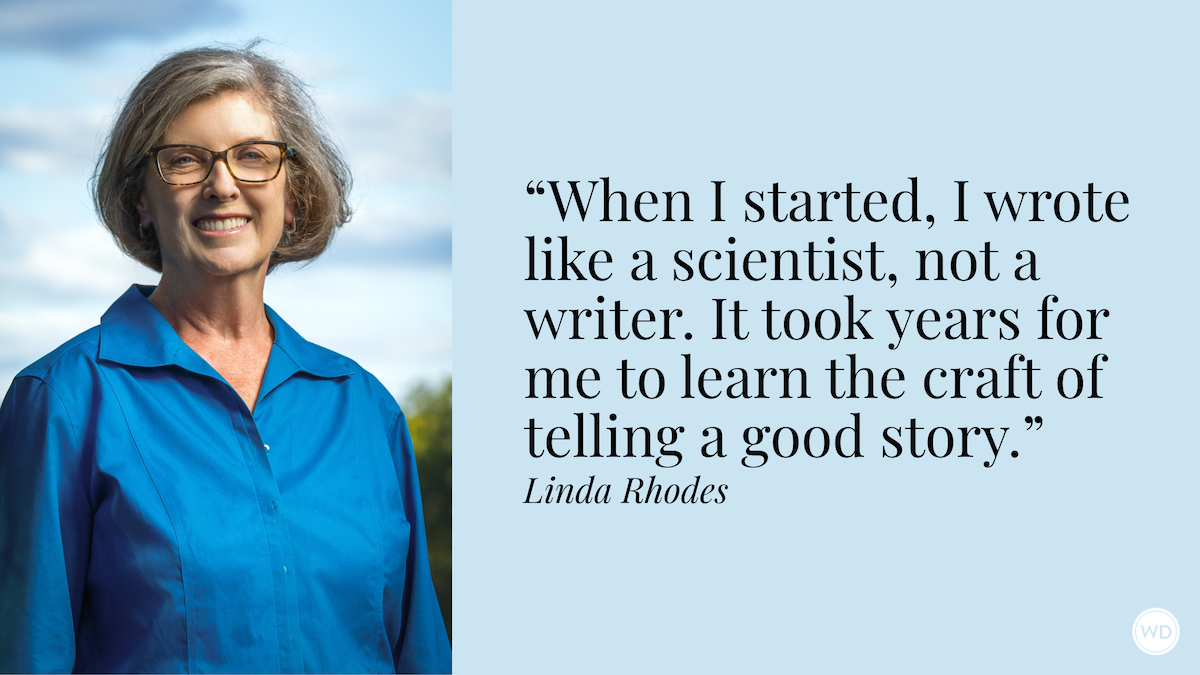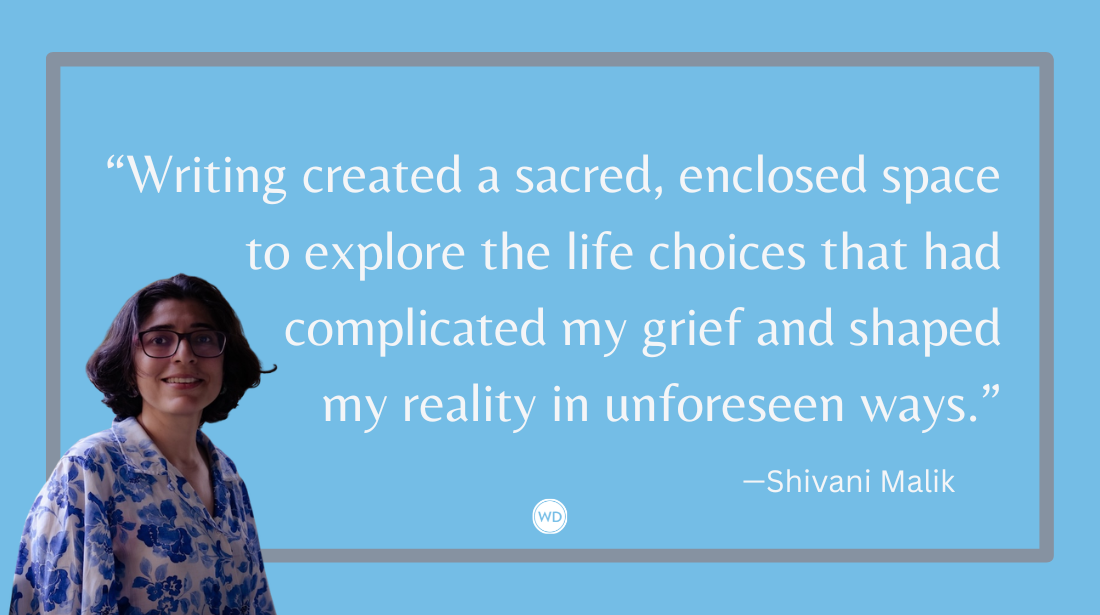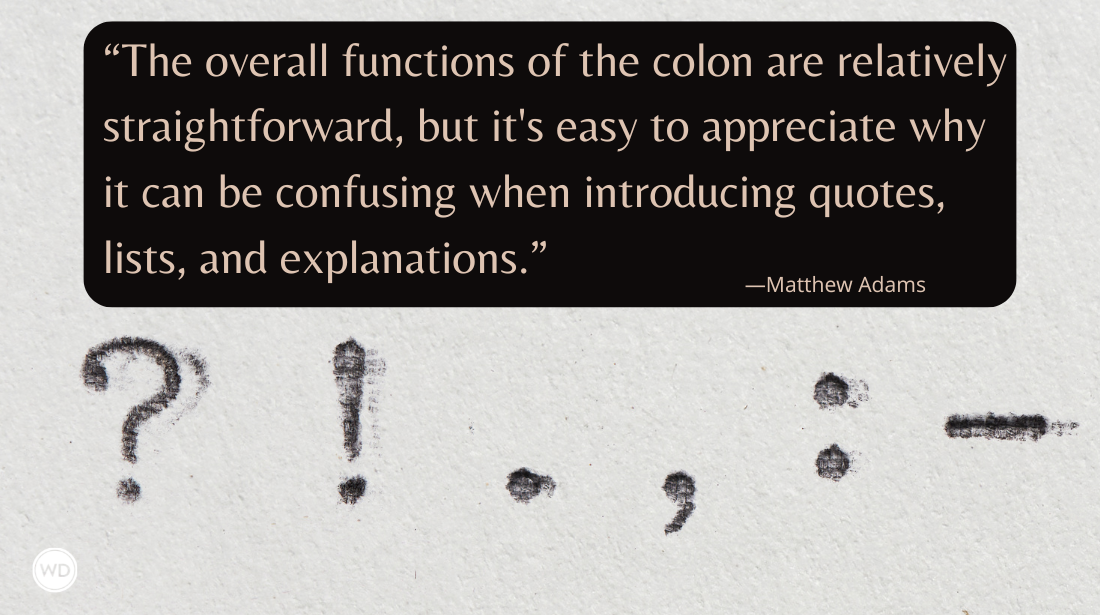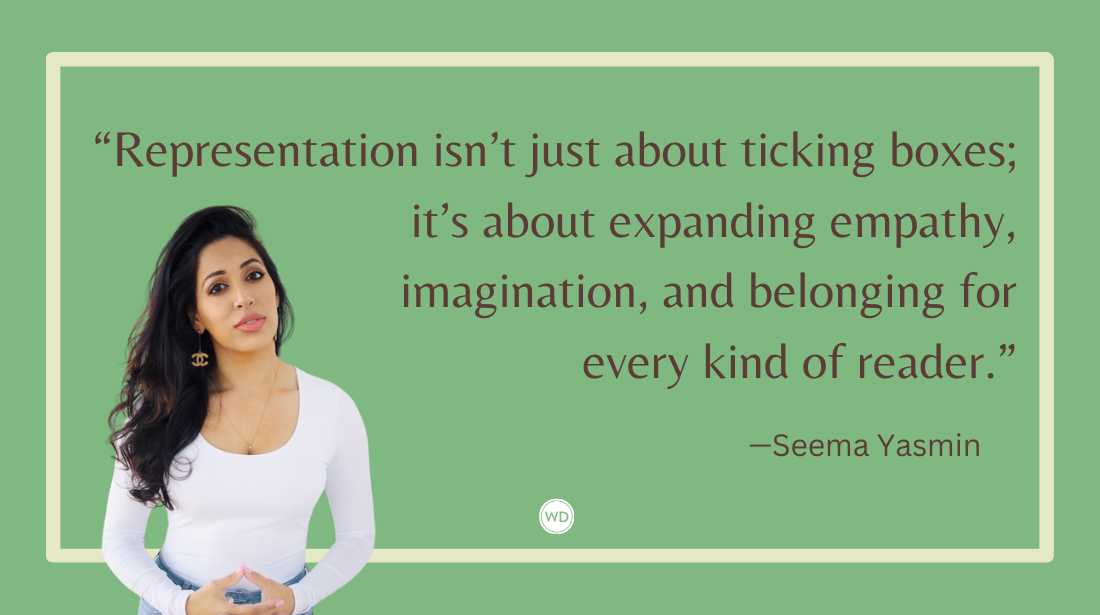When Is Lying in Memoir Acceptable? 3 Key Issues
Author Tracy Seeley looks at three main claims for why lying in memoir is acceptable and provides a “Why It’s True” and “Why It’s Not” explanation for each.
They crop up like weeds in the literary garden, those memoirs that lie. James Frey invented some details of his life and wildly exaggerated others. Greg Mortenson and his co-writer turned two events that happened a year apart into a single, dramatic episode. They also claimed Mortenson had been imprisoned by the Taliban, which others claim never happened.
Then there are entirely fake memoirs—lies from beginning to the end. The international best-selling memoir Misha: A Mémoire of the Holocaust Years, for example, told a riveting tale of the author’s escape from the Warsaw ghetto to safety among a pack of wolves. It would have made a great novel; none of it was true.
When memoir falsehoods come to light, readers feel betrayed. They expect the truth, and they should. When a memoirist writes, “This happened to me,” readers should be able to trust that it did. Lying about what happened violates that trust. It’s that simple.
It’s also more complicated. Unlike news articles, another fact-based genre (we hope), memoirs give us more than the facts. As memoir writers, we’re crafting a literary work. We’re also relying on memory and our own interpretation of events. All three factors make truth in memoir a complex business.
Still, I often hear claims that dismiss outright falsehoods in memoir as trivial. They don’t really matter, these people say, for one of the following reasons:
- In a sense, all writing is fiction. Writers aim to tell a great story, and by altering facts, they’re only making it better.
- Memory is always inaccurate, so memoir is never true.
- It might not be factually true, but it’s emotionally true.
All three claims are right, up to a point. But when it comes to lying in memoir, they’re also wrong. Here’s where they’re right and where they’re not.
Claim One: A Literary Work Is Always Fiction
Why It’s True
Real life is always messier than literature. It doesn’t have a tidy, narrative arc, other people are more complicated or unknowable than we depict them on the page, and many things that happen aren’t worth telling or don’t add to the point of our tale.
Like fiction writers, we craft memoir through selecting, organizing, structuring and shaping bits and pieces from a giant pile of options. We create a meaningful through-line based on our own interpretation of events, and promote our own point of view. We create accurate but not verbatim dialogue. Some memoirists even create composite characters, change names or locations, or compress multiple incidents into one—all to create a more compelling story (and sometimes to protect others’ privacy or avoid getting sued).
In this sense, memoir does “fictionalize” life.
Why It’s Not
This claim confuses two kinds of invention: literary invention, and the invention of facts.
Let’s go back to that big pile of options we get to pick from while writing. That pile should contain only things that really happened and details that pass the fact test. I was never captured by the Taliban—so that claim doesn’t go in my pile.
In other words, inventing a story from raw data is not the same as inventing the data.
And when we’ve significantly altered things—like compressing timelines or creating composite characters, we have an obligation to let readers know. If Mortenson had offered a disclaimer about compressing events, he would have landed in a smaller puddle of hot water.
*****
*****
Claim Two: Memory Can’t Be Trusted, So Memoir Is Never True
Why It’s True
Memory works in mysterious ways. It deletes key details, shuffles timelines, rearranges or fudges the facts. It can dim or grow bolder with time.
Different people may recall the same event in wildly different ways. How often have you been right in the middle of telling a great story at the dinner table, only to have a friend or sibling pipe up in protest, “That’s not how it happened!” or “That’s not what I said!”
Memory doesn’t store an exact replica of experience. It interprets and fabulates. Sometimes it even steals from other people’s stories. My sister and I quarreled once over which of us had experienced a particular event. We still don’t know who it really happened to. (I can’t even remember what it was).
So a genre that relies on memory is going to tell some whoppers. And so of course, our story will be skewed by the way that memory works. But faulty memory is not the same as lying.
Why It’s Not
We don’t know when memory is making things up. Unless we’re pathological liars, we know when we consciously choose to add falsehoods to our story. We know when we’re making memories up.
So as memoirists, we should accurately recount the story as we remember it, even if memory itself may be wrong.
Claim Three: But It’s Emotionally True, So Who Really Cares?
Why It’s True
When her tale of escaping from the Warsaw ghetto and living among wolves was exposed as a lie, writer Misha Defonseca admitted she’d made it all up, but then defended herself: “The story is mine. It is not actually reality, but my reality.” Her fable embodied her emotional experience of the war and so it felt true. James Frey offered a similar defense: his exaggerations and lies created an emotionally, if not literally, true story.
Why It’s Not
Fact and emotional truth are not mutually exclusive. A skillful artist can write an emotionally true story from verifiable fact.
In fact, that’s the beauty and reward of writing nonfiction. The real-life we experience and remember gives us more than enough rich material for telling emotionally true and factually accurate stories.
Final Thoughts
Memoirists enter into an agreement with readers: I will tell you an emotionally true story in a skillful way. I will make it worth your while. And while my memory is imperfect, I haven’t invented memories. I haven’t invented facts. If I compress timelines, combine characters, or conflate events, I will tell you. The other people in my book would tell the story differently; this is my own, true version.
Tracy Seeley is the author of My Ruby Slippers. Visit her site.




